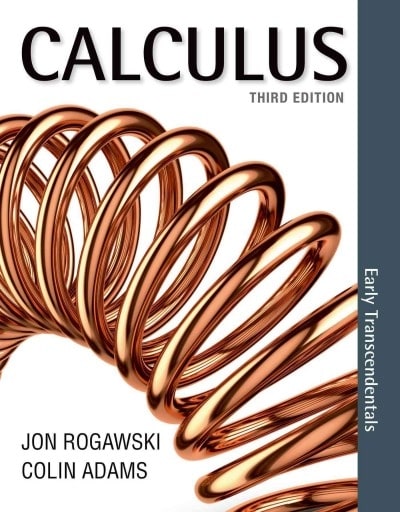Answered step by step
Verified Expert Solution
Question
1 Approved Answer
x2 - 9 1 . Find the domain and range of the function f(x) = 4x + x . (10 points possible) 2. Using the










Step by Step Solution
There are 3 Steps involved in it
Step: 1

Get Instant Access to Expert-Tailored Solutions
See step-by-step solutions with expert insights and AI powered tools for academic success
Step: 2

Step: 3

Ace Your Homework with AI
Get the answers you need in no time with our AI-driven, step-by-step assistance
Get Started


